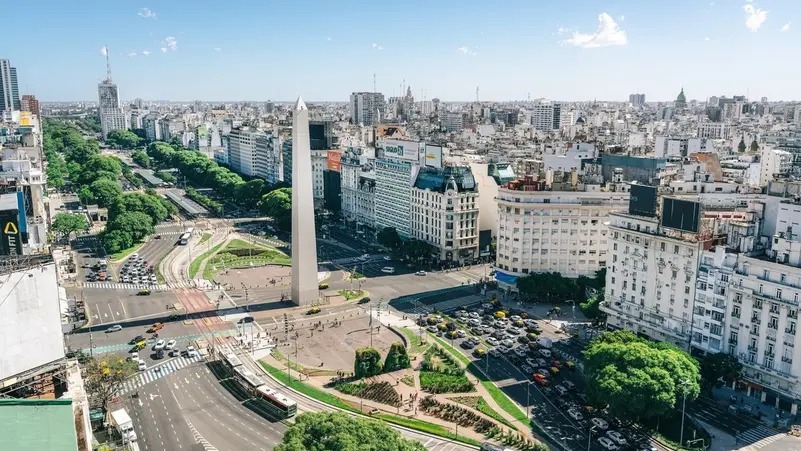The International Monetary Fund (IMF) has painted a bleak picture of Argentina's economy in its latest review of a program that failed to deliver results for the country. This step is a technical prerequisite for President Javier Milei to begin negotiating a new agreement this year.
On Friday, IMF staff released an assessment of Argentina’s program, originally valued at $44 billion, making it the second-largest program in the Fund’s history, following its 2018 agreement with the country.
Under IMF rules, no country with "exceptional access" to the Fund’s resources, such as Argentina’s program, can seek a new arrangement until the completion of a prior review known as a "post-program evaluation," according to Bloomberg News.
Talks for a New Program
IMF spokesperson Julie Kozack confirmed in December that negotiations for a new program had already begun. This would be Argentina’s third agreement with the IMF in a prolonged seven-year saga.
Meanwhile, Argentina’s Economy Minister, Luis Caputo, expressed hope for reaching an agreement within the first four months of 2025.
Key Issues in Negotiations
Markets are closely monitoring Caputo’s talks with IMF staff to determine whether the Fund will provide new financing beyond the existing $44 billion and to understand the timing and approach for:
- Floating the Argentine peso: Allowing the currency to trade freely.
- Capital controls: Lifting restrictions that currently prevent Argentina from accessing international markets.
These two issues are central to the ongoing negotiations.












